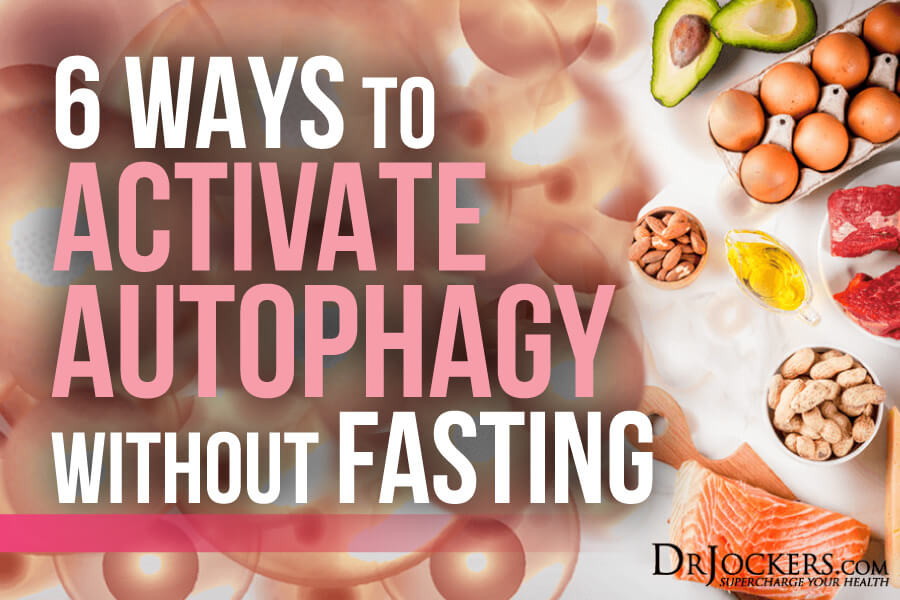 6 Ways To Activate Autophagy Without Fasting
6 Ways To Activate Autophagy Without Fasting
If you want to increase your energy levels, lose fat, improve your mental clarity, reduce the risk of disease, and improve your overall health, you have to activate autophagy. Autophagy happens when your body recycles and disposes of old, damaged, or excess cells to leave room for the creation of new and healthy cells. One of the best ways to activate autophagy is through fasting, however, you can activate autophagy without fasting as well.
In this article, you will learn what autophagy is and about its benefits. You will understand how fasting helps to activate autophagy. Then I will share with you 6 ways to activate autophagy without fasting.
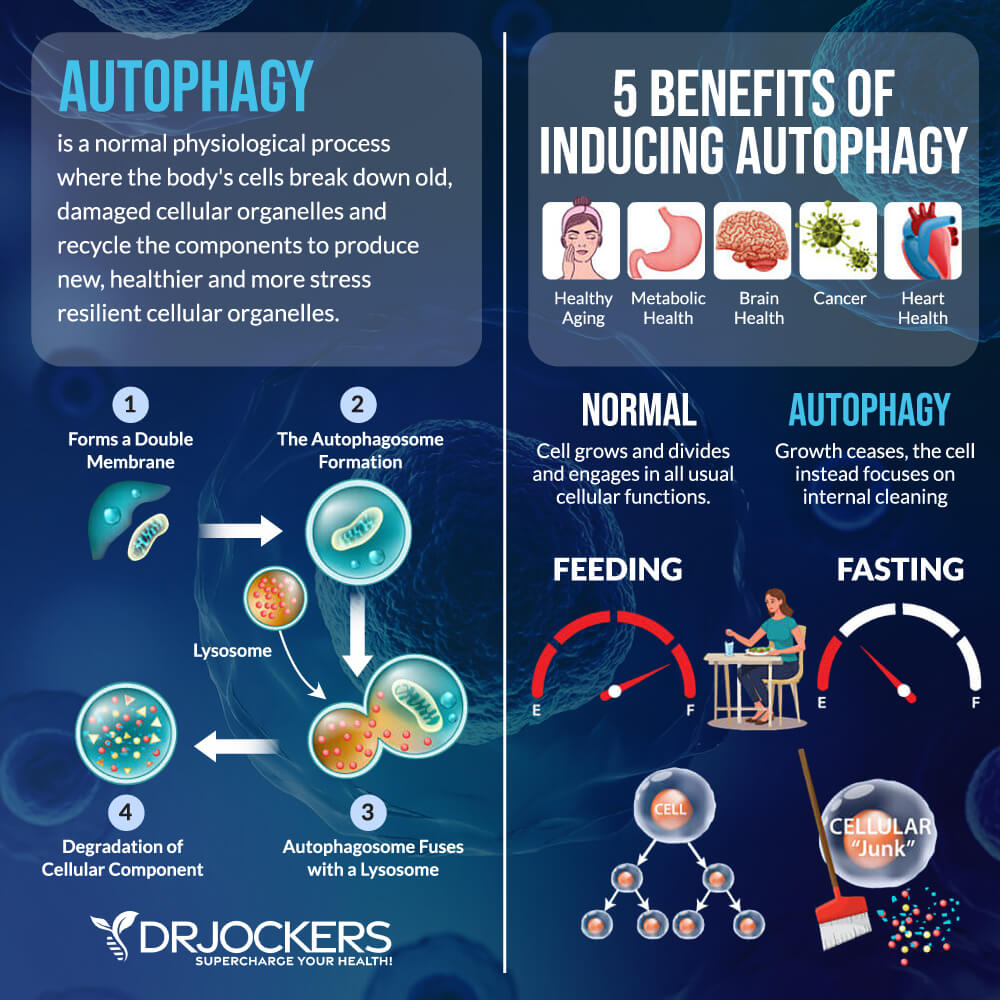
What is Autophagy
Autophagy is incredibly important for your health and well-being. You may be wondering what autophagy is and how does it happen. Let me explain.
The word autophagy comes from the Greek term “auto – phagein”, which means “self-eating.” Autophagy refers to the process of cellular recycling where your cells metabolize various components in order to reuse them and build new and healthier cellular structures.
Your cells are not as simple as you may imagine them to be. Within each cell, there are a number of organelles. These are essential components that are similar to the organs in your body but within your cell. When your cells are exposed to stressors, such as nutrient deprivation from fasting it creates phagophores, transient-double membrane structure. These phagophores are able to expand. They also have enormous levels of flexibility and able to surround and isolate specific cellular components, including lipids, proteins, and entire organelles (1).
When the phagophores enclose these particles, it delivers them to the lysosomes, which are unique organelles that release degrading enzymes on them. Essentially, this process allows room for new, healthier, and better functioning cells and cellular components
The major driving force behind autophagy is cellular stress. This may come from nutrient deprivation, such as fasting or exercise, or other stressors. Since your body is constantly looking for homeostasis or physiological balance for survival, stress demands change. When such stress happens, the innate intelligence of your body signals for the break down of old and damaged cells and organelles to create new and healthy cells instead of efficient energy and overall health (2).
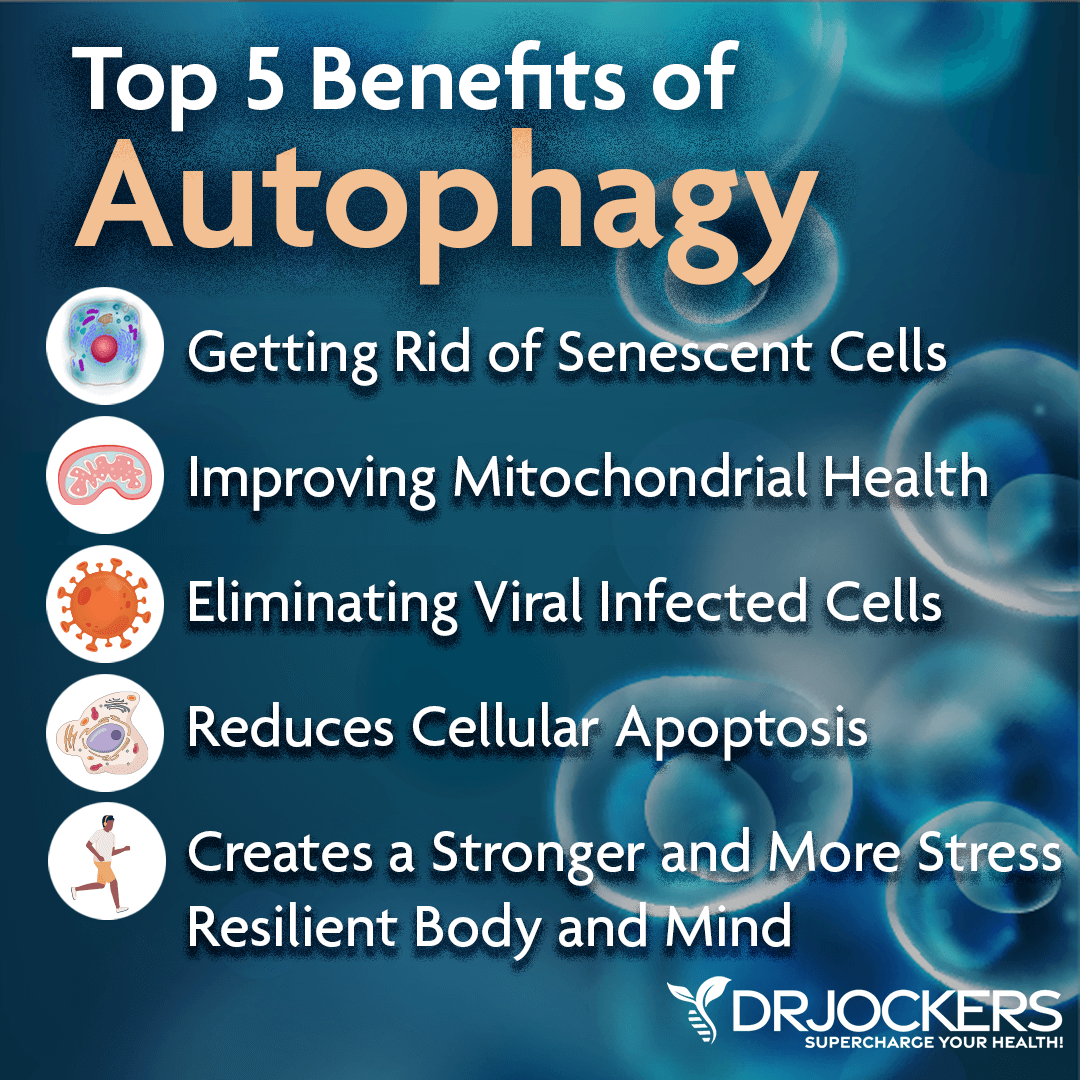
Benefits of Autophagy
Autophagy has several benefits for your health and energy. Let’s look at these benefits one by one.
Getting Rid of Senescent Cells
Each of your cells has a certain lifespan. Older cells generally have more wear and tear. They are lower functioning and less efficient than younger cells. They may be metabolically inflexible and have difficulty using fats for fuel. They may even promote inflammation in your body.
Damaged and old cells can put your entire body at risk. Activating autophagy allows your body to get rid of these old cells and allow room for new ones (3).
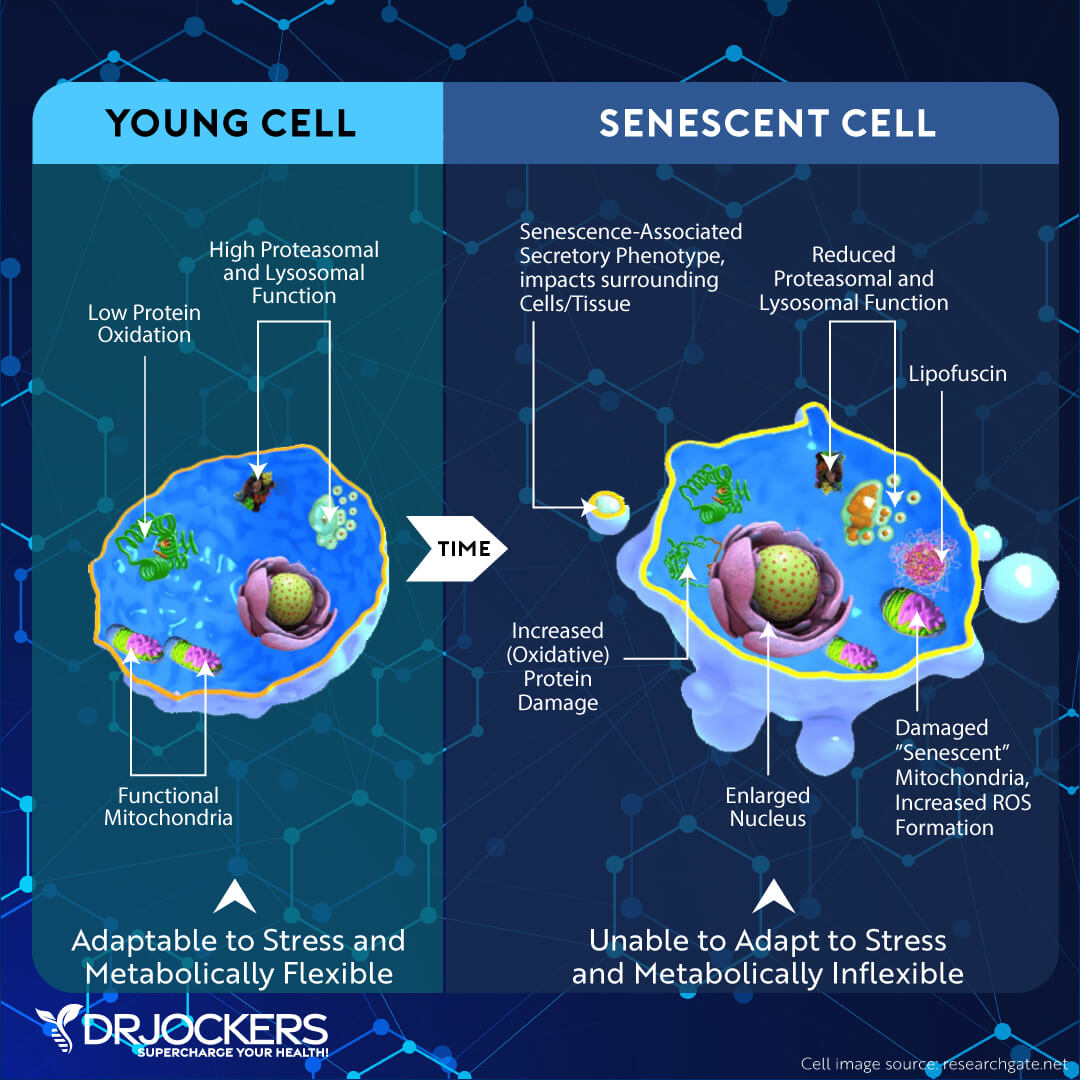
Improving Mitochondrial Health
The mitochondria are the powerhouse of your cells. They are unique organelles that produce cellular energy. When your body doesn’t go through regular bouts of autophagy, you end up with dysfunctional, metabolically inflexible mitochondria.
When you activate autophagy, it allows your body to degrade and reuse dysfunctional mitochondria and create new, metabolically flexible, and healthy mitochondria instead (4).
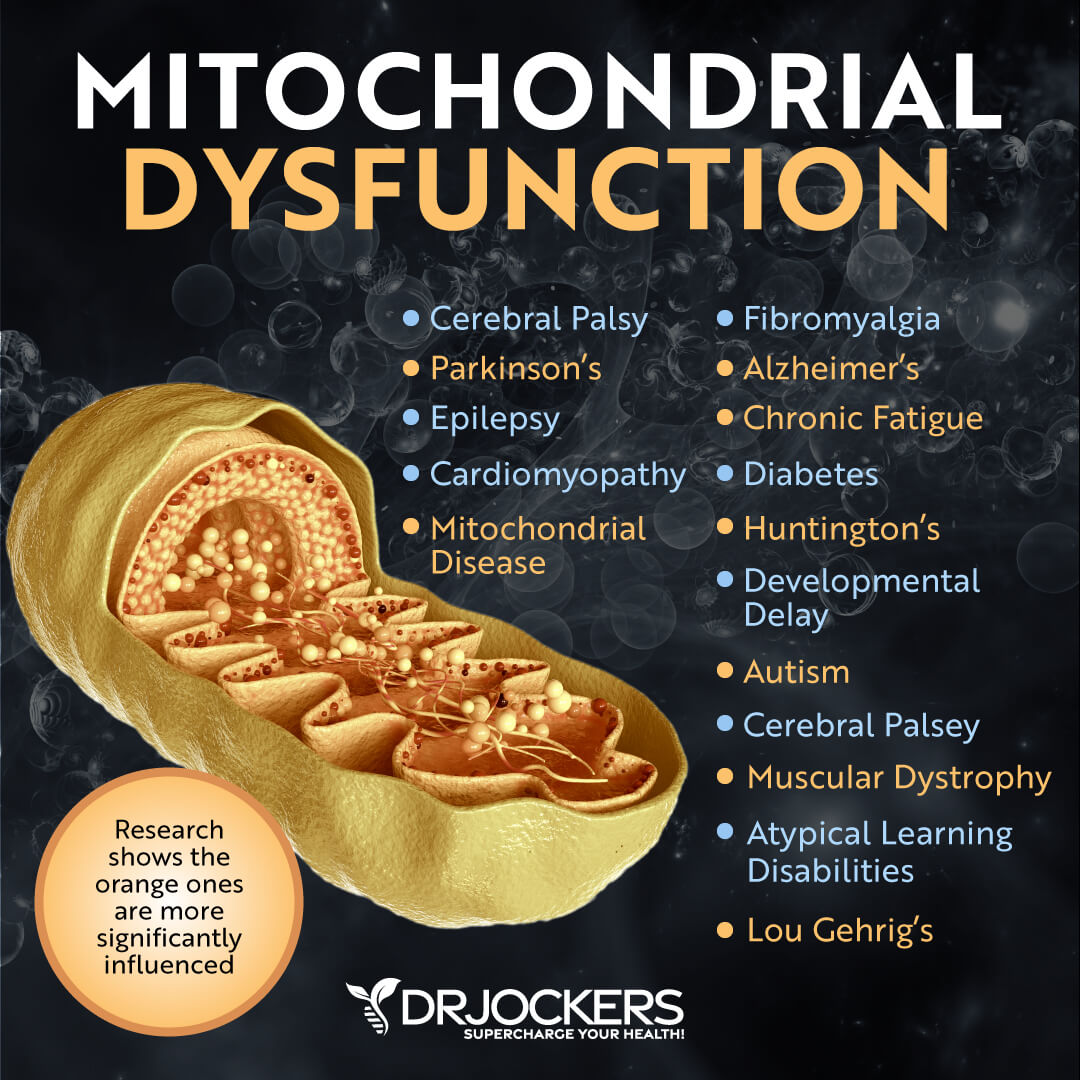
Eliminating Viral Infected Cells
Viruses are different than other pathogens, such as bacteria, parasites, and yeast. They can get inside of your cells and have an impact on the expression of your cellular genetics and metabolism. While a strong immune system can turn off viral expressions, it doesn’t get rid of them.
Dormant viruses in your body may become active again later on if you have a compromised immune system. As you activate autophagy, it allows your body to naturally eliminate infected cells, reduce viral activity, and help you to fight off viruses easier (5).
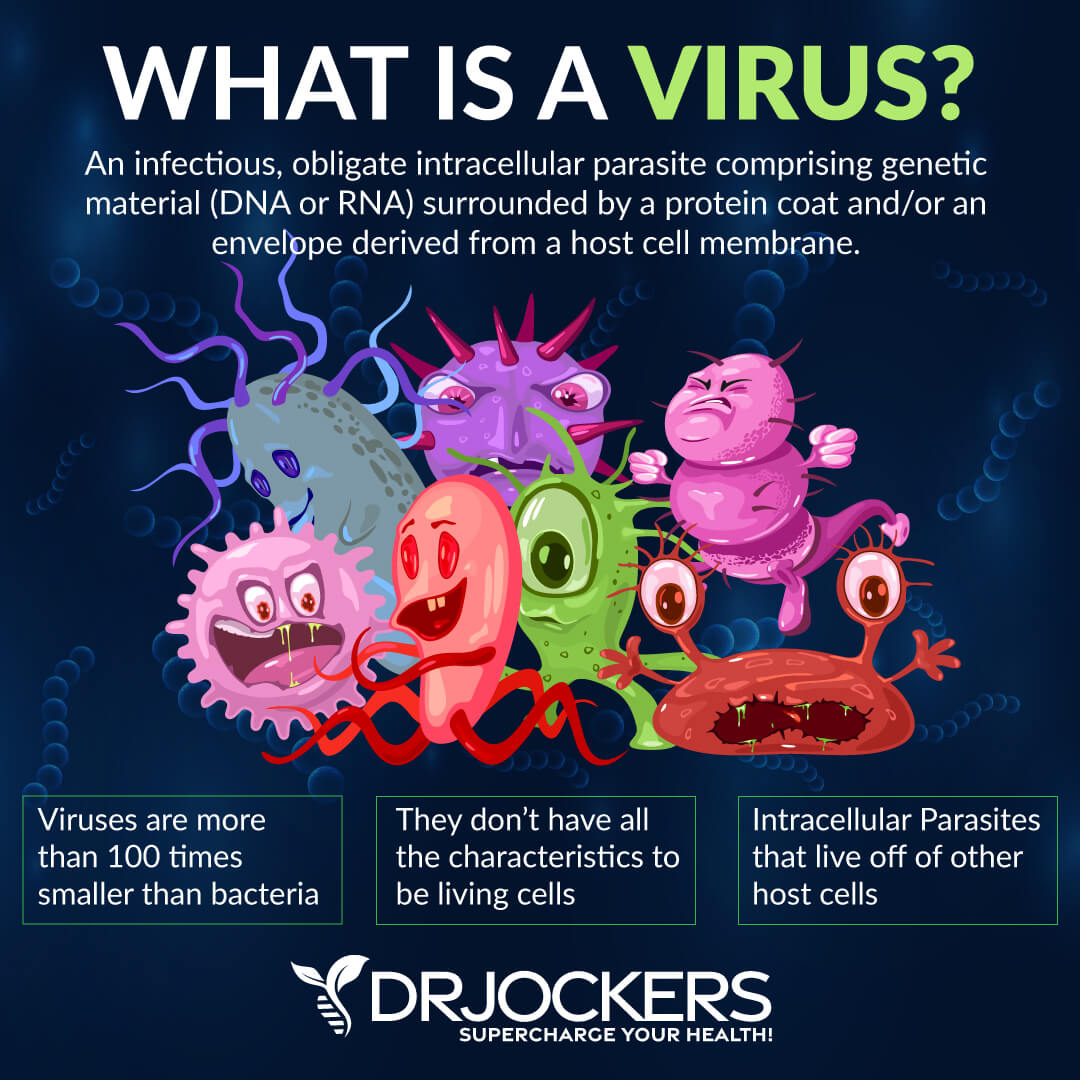
Reduces Cellular Apoptosis
Older cells may undergo apoptosis or cell death. This process leads to a metabolic state that can be stressful on your body and lead to inflammation.
Autophagy, however, is a clean and energy-efficient process that doesn’t lead to inflammation. Relying on activating autophagy is a much better way of recycling old cells (6).
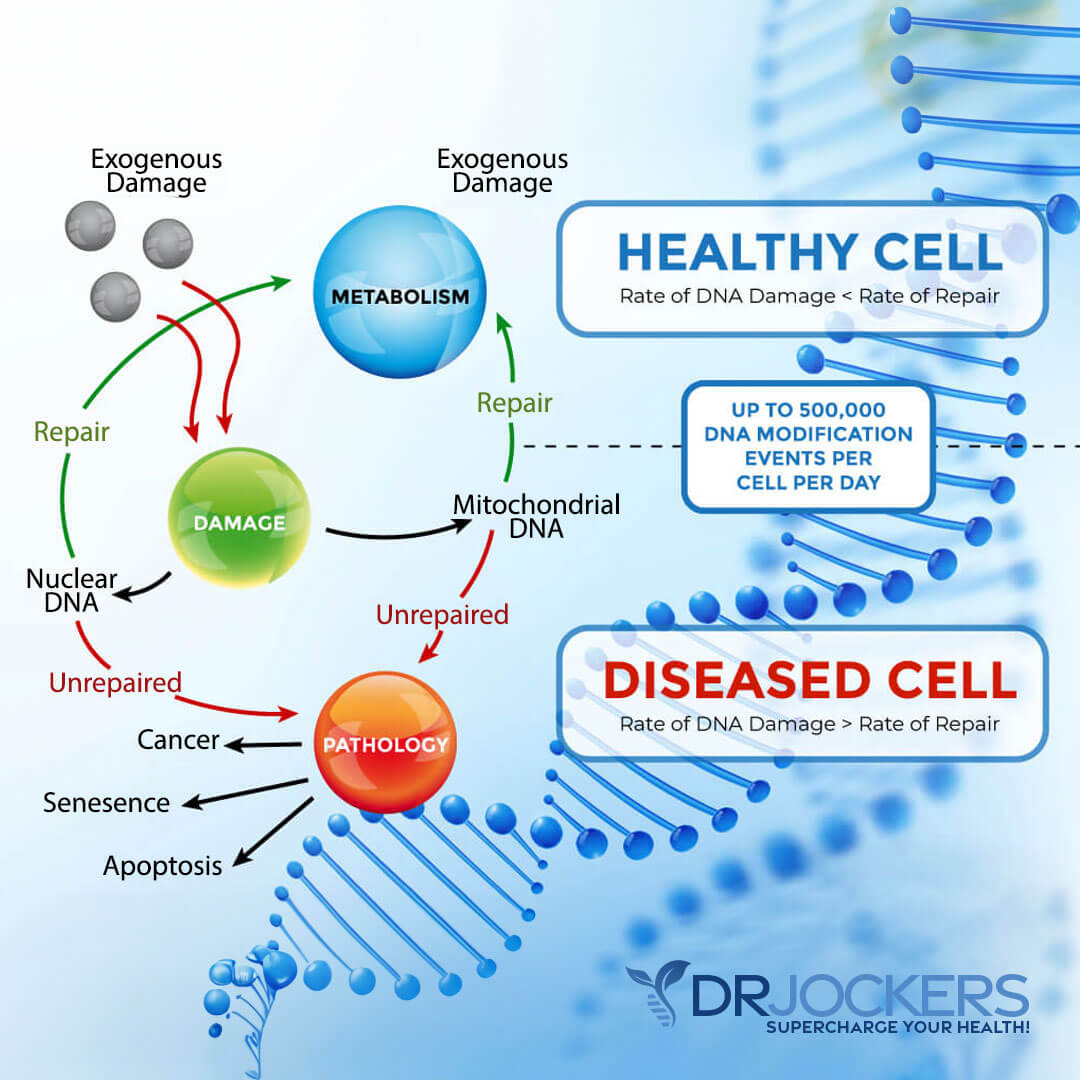
Autophagy Creates a Stronger and More Stress Resilient Body and Mind
Autophagy helps to create a stronger and more resilient body and mind. It allows your cells to become healthier, stronger, and more resilient to wear and tear.
It helps to reduce inflammation in your body. It promotes better gut health, mood, mental processing, and memory. Autophagy can help you to achieve the optimal health you desire (7).
You may learn more about the benefits of autophagy from this article.
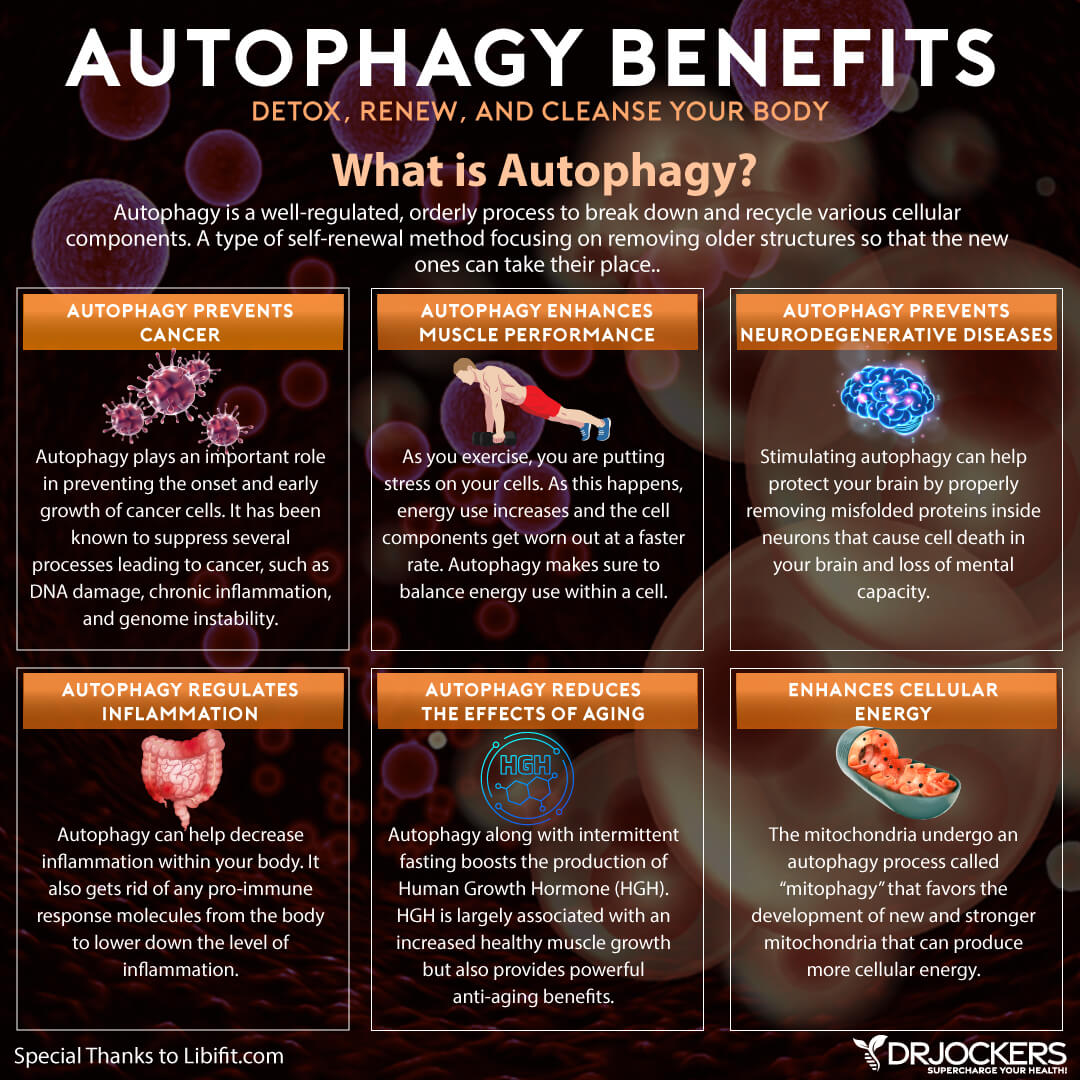
Fasting and Autophagy
Fasting is a practice of refraining from food for a period of time. Extended fasting is one of the most powerful ways you can stimulate autophagy. For example, around day 4 or 5 of a water fast your glucose-ketone index (GKI) will be around 1:1 and you will achieve peak levels of autophagy. You can learn more about water fasting in this article.
However, you can stimulate autophagy in other ways. Doing a partial fast or a Fasting Mimicking Diet for 5 days every one or two months can have a serious impact on autophagy. Intermittent fasting strategies that restrict meals to a 6-8 hour or less eating period also stimulates a healthy level of autophagy on a daily basis. You may learn more about the Fasting Mimicking Diet here and intermittent fasting strategies in this article (8, 9).
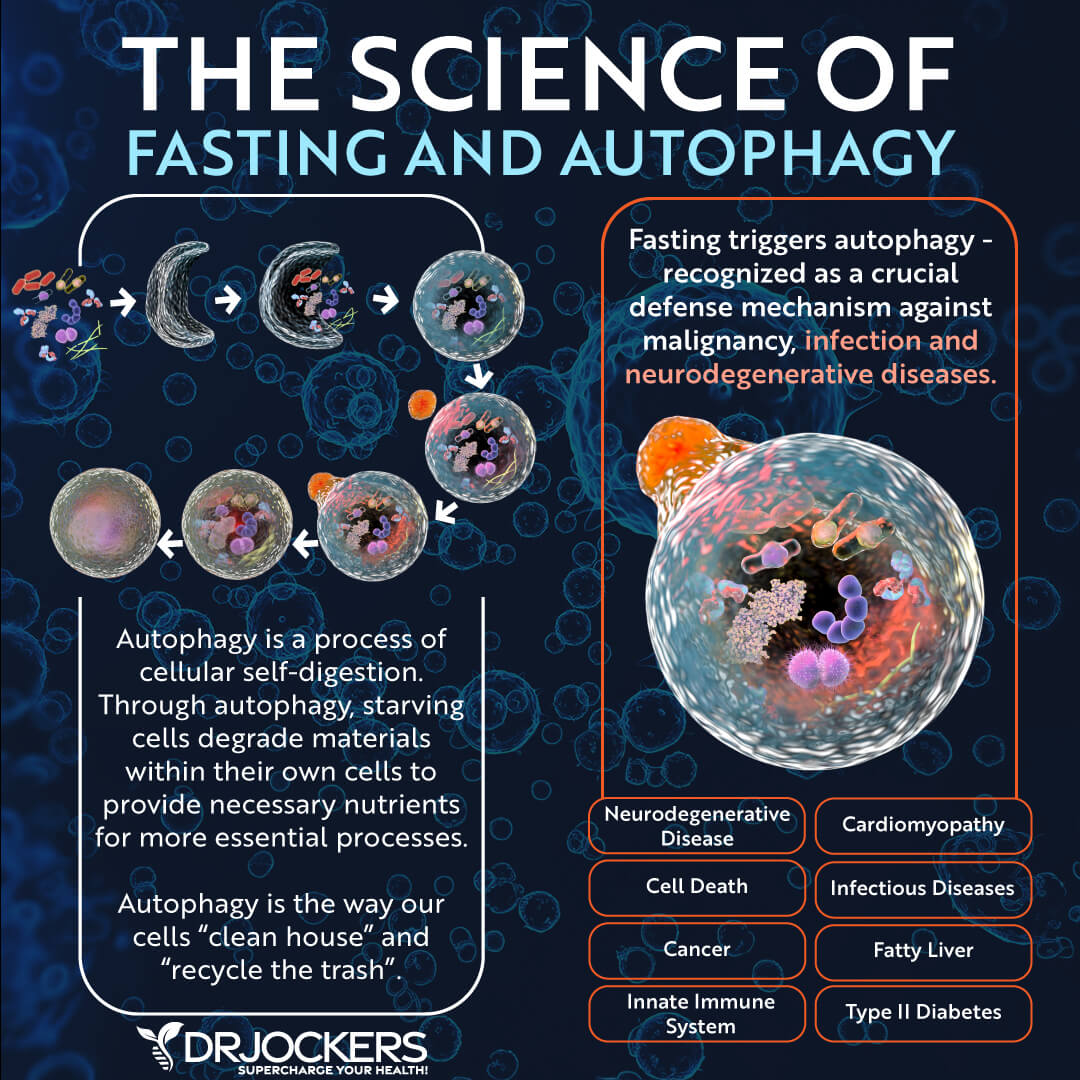
AMP-K and mTOR Pathways
In order to activate autophagy, you must suppress insulin and Mammalian Target of Rapamycin (mTOR) and activate the AMP-K pathway in your body. The mTOR pathway is associated with the regulation of growing tissues in the body. Temporary mTOR elevations are great for building muscle and fat burning, chronically elevated mTOR is associated with an increased risk of chronic disease and cancer.
The AMP-K pathways stand for adenosine monophosphate-activated protein kinase. It is an enzyme that plays a crucial role in cellular energy homeostasis and is important for your metabolism, glucose and lipid transport, lifespan, and overall health.
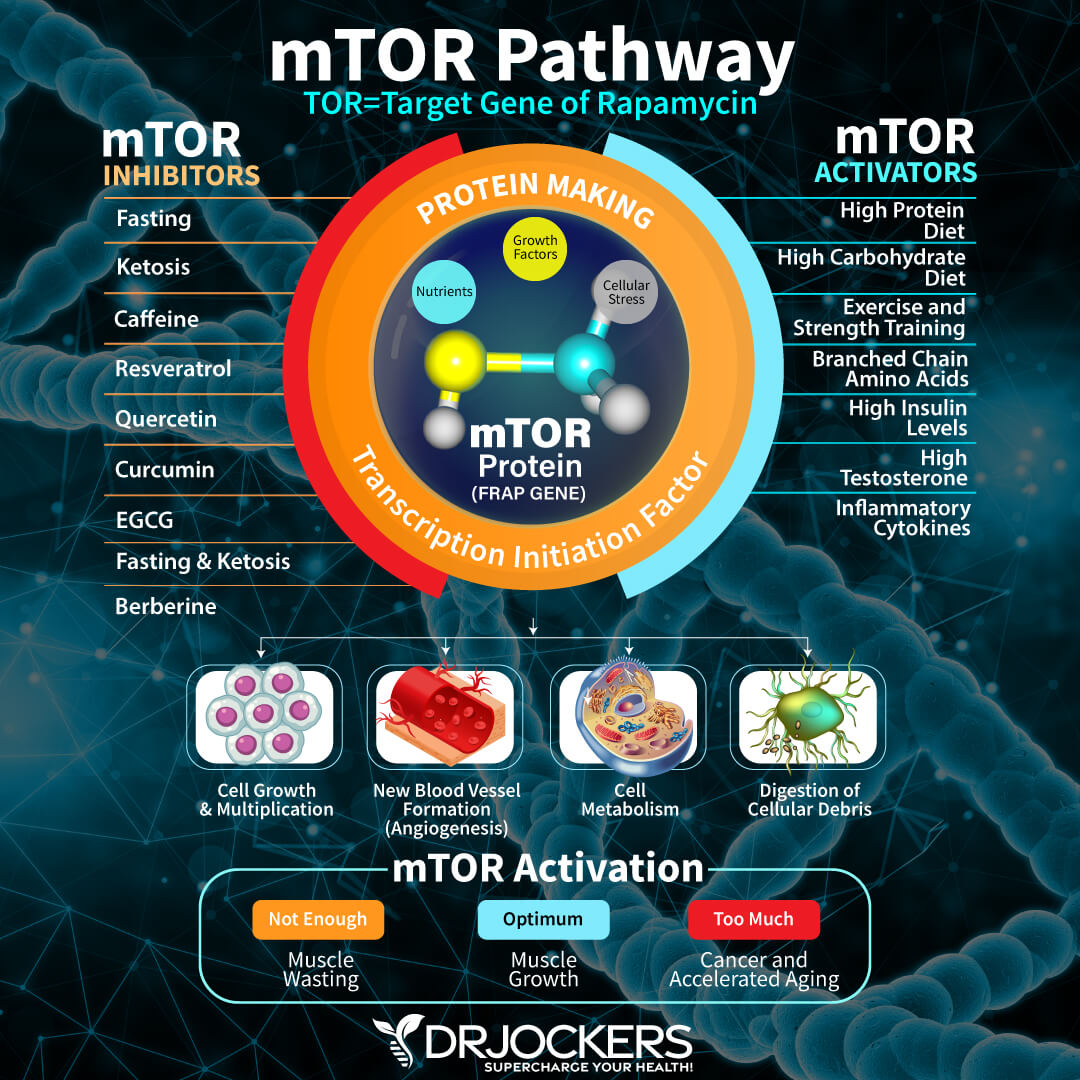
6 Ways to Activate Autophagy Without Fasting
While fasting is one of the best ways to activate autophagy, I understand that you may not be ready for fasting yet and fasting is not right for everyone. I also know that many are looking for ways to activate autophagy between fasting periods.
Fortunately, there are many ways you can activate autophagy without fasting. You can use these strategies if you are not fasting or between your extended fasting periods. The key is that you do all of these things together.
Activating autophagy through fasting or the combination of these 6 autophagy-activating strategies without fasting is a fantastic way to inhibit the mTOR pathway. Let’s look at 6 simple ways to activate autophagy without fasting.
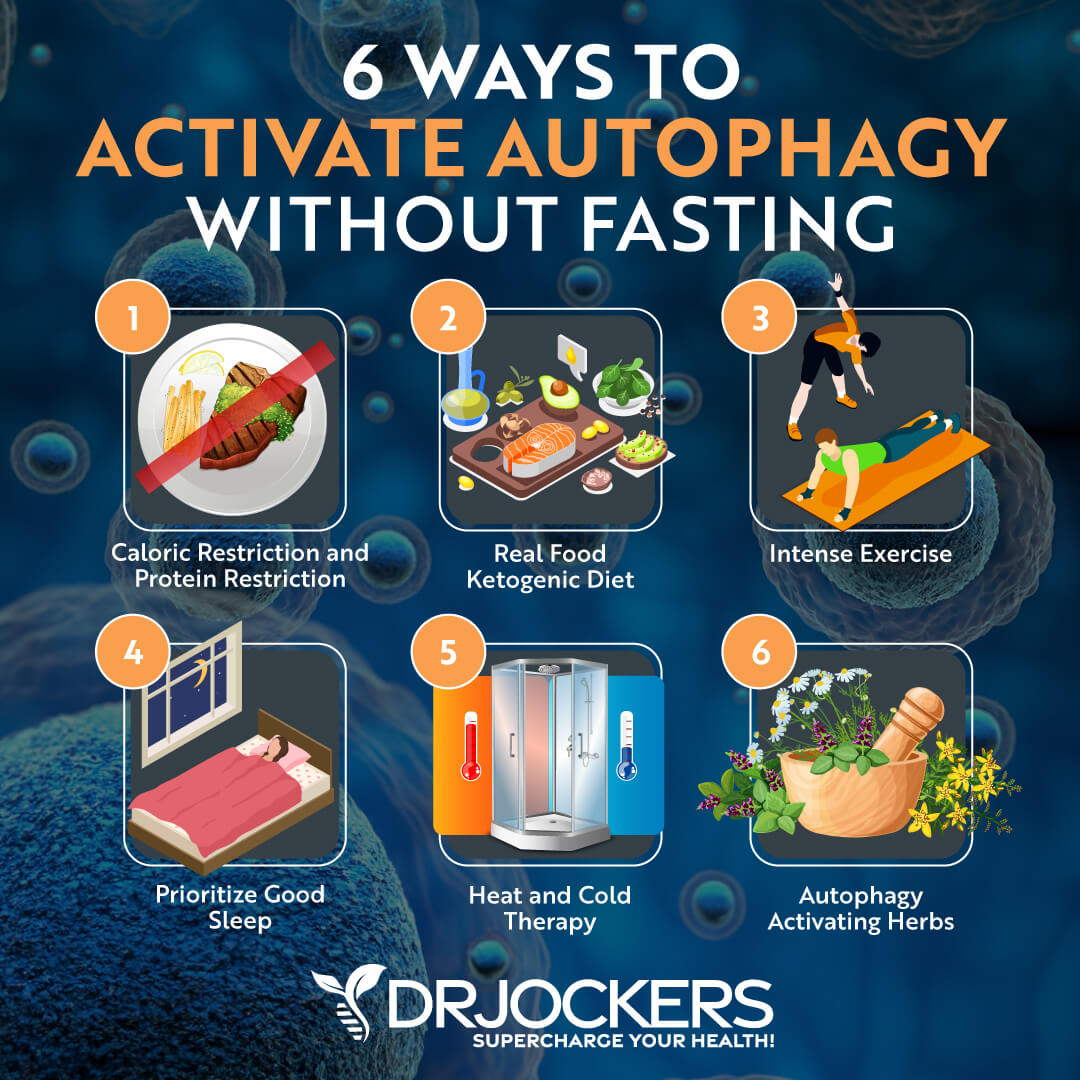
Caloric Restriction & Protein Restriction
While protein is essential for muscle building, bone density, fat burning, brain and heart health, too much protein in your diet can increase insulin, block ketone production, and activate the mTOR pathway. Research has linked caloric restriction and protein restriction to the activation of autophagy. While fasting and intermittent fasting are great ways to achieve caloric and protein restriction, you may do that without fasting (10, 11).
By focusing on real, nutrient-dense foods instead of processed and junk food, you may automatically achieve a caloric restriction without an effort. By eliminating night-time snacking or addressing emotional eating, you may also reduce your daily calories.
Eating a ketogenic diet that is high in fats but only moderate in protein is a great way to activate autophagy effectively. For weight loss, I recommend 1.0 – 1.2 grams of protein per kg body weight, for muscle building 1.2 – 2.0 grams, for extreme athletes 1.4 – 2.0 grams, and for sedentary individuals 0.8 – 1.0 grams of protein per body weight. To learn more about healthy protein intake and the best forms of protein, I recommend this article.

Real Food Ketogenic Diet
When you are on a ketogenic diet, it is not enough to eat a low-carb, moderate protein, and high-fat meal plan. It important that you concentrate on real, nutrient-dense foods, instead of relying on keto-friendly junk food.
Eliminate refined sugars, refined oils, unhealthy fats, processed foods, junk foods, artificial ingredients, and toxins. Eat lots of nutrient-dense, anti-inflammatory foods, including leafy greens, such as kale and spinach, non-starchy vegetables, such as cucumber and celery, herbs and spices, such as oregano and turmeric, low-glycemic index fruits, such as berries and lemon, healthy fats, such as avocados and coconut oil, clean protein, such as pasture-raised beef and wild-caught fish, nuts and seeds, such as almonds and hemp seeds, and fermented foods, such as sauerkraut and coconut kefir. Try Turmeric Fat Burning Coffee or Keto Matcha Green Tea for breakfast instead of a normal breakfast.
To learn more about the ketogenic food pyramid, read this article. To learn more about the real food keto diet, read this article.
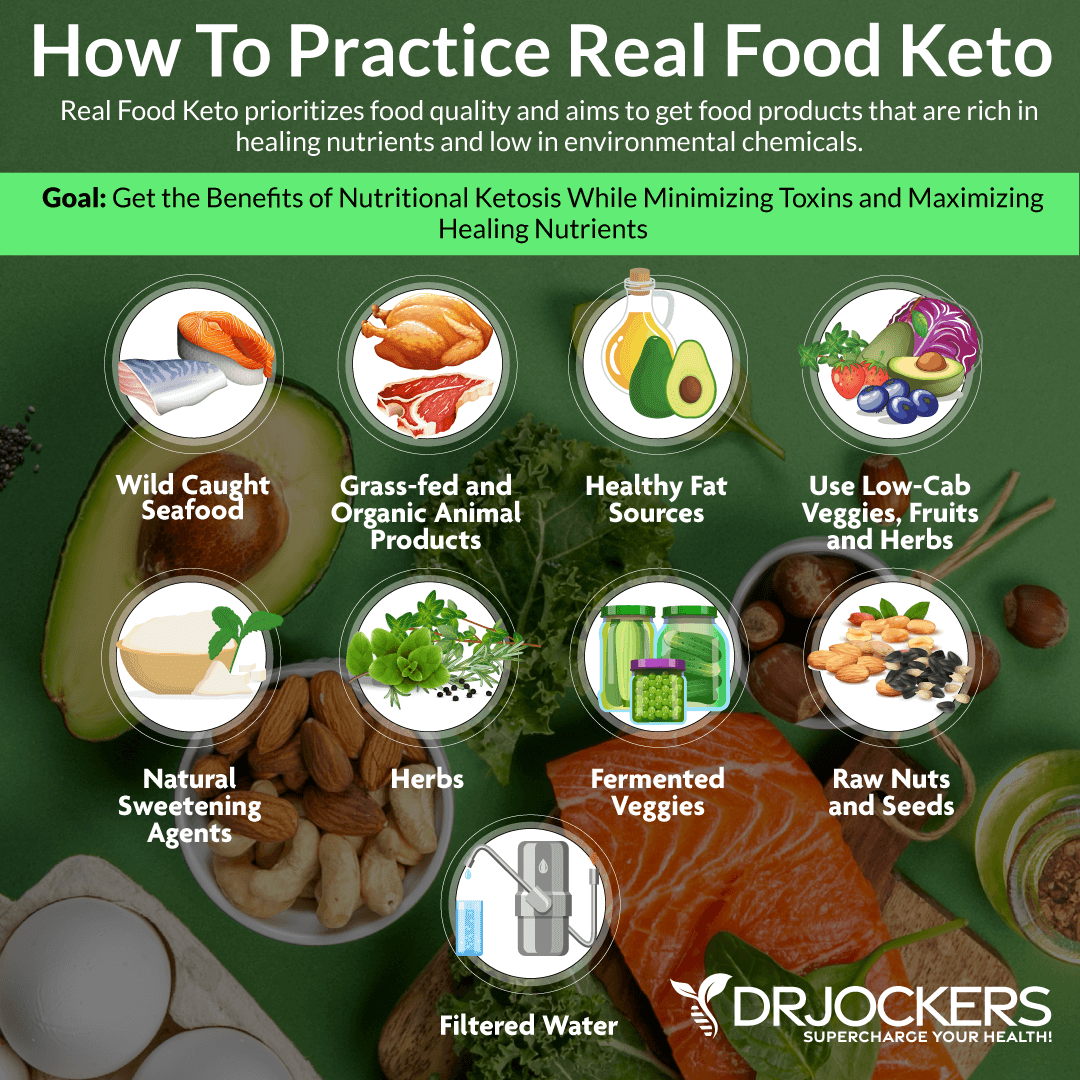
Intense Exercise
Intense exercise is a very effective way to activate autophagy. I recommend high-intensity interval training and resistance training for the best result. They both create an environment of stress for the body the helps to activate autophagy.
Intense exercise helps to stimulate fat burning, improve mood and mental focus, clear brain fog, and increase energy. It also helps to stimulate human growth hormone (HGH) that creates an environment that is great to activate autophagy, muscle tissue repair and preservation, and fat burning (12, 13).
To activate autophagy, aim to work out at least 5 times a week. Try a mix of high-intensity interval training and resistance training for a mix of cardiovascular fitness and strength.
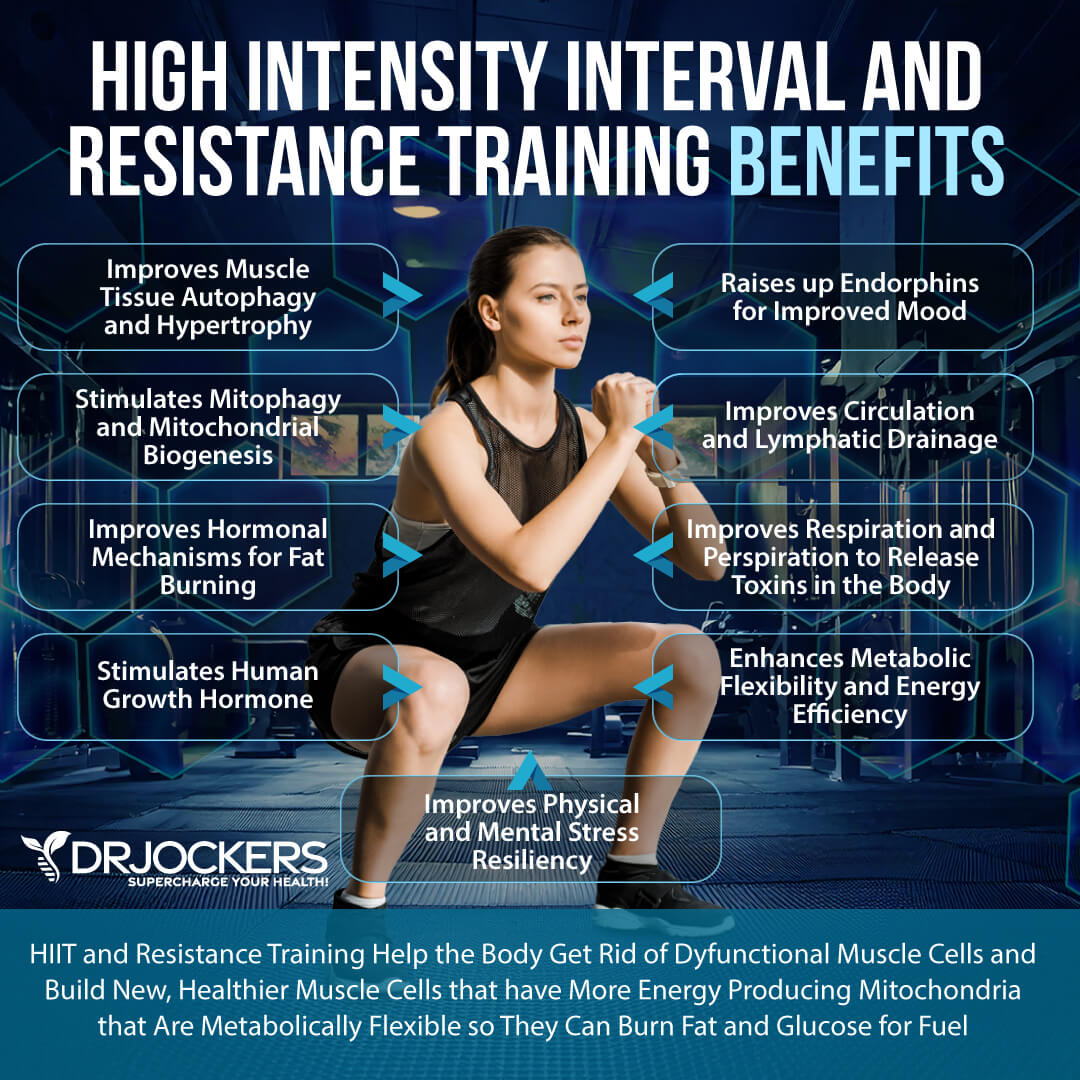
Prioritize Good Sleep
Prioritizing good sleep is incredibly important for your overall health. A healthy sleep cycle and circadian rhythm are both tied into autophagy. Poor sleeping habits can increase low energy, inflammation, and disease. Research has shown that poor sleep also causes a lack of neuronal autophagy. REM sleep and autophagy allows your body to maintain neuronal integrity, homeostasis, and functions (14, 15).
To activate autophagy, make sure to sleep 7 to 9 hours a night. Develop a regular bedtime and a relaxing nighttime routine that helps you to get good sleep. Here is a good article on strategies to improve sleep quality.
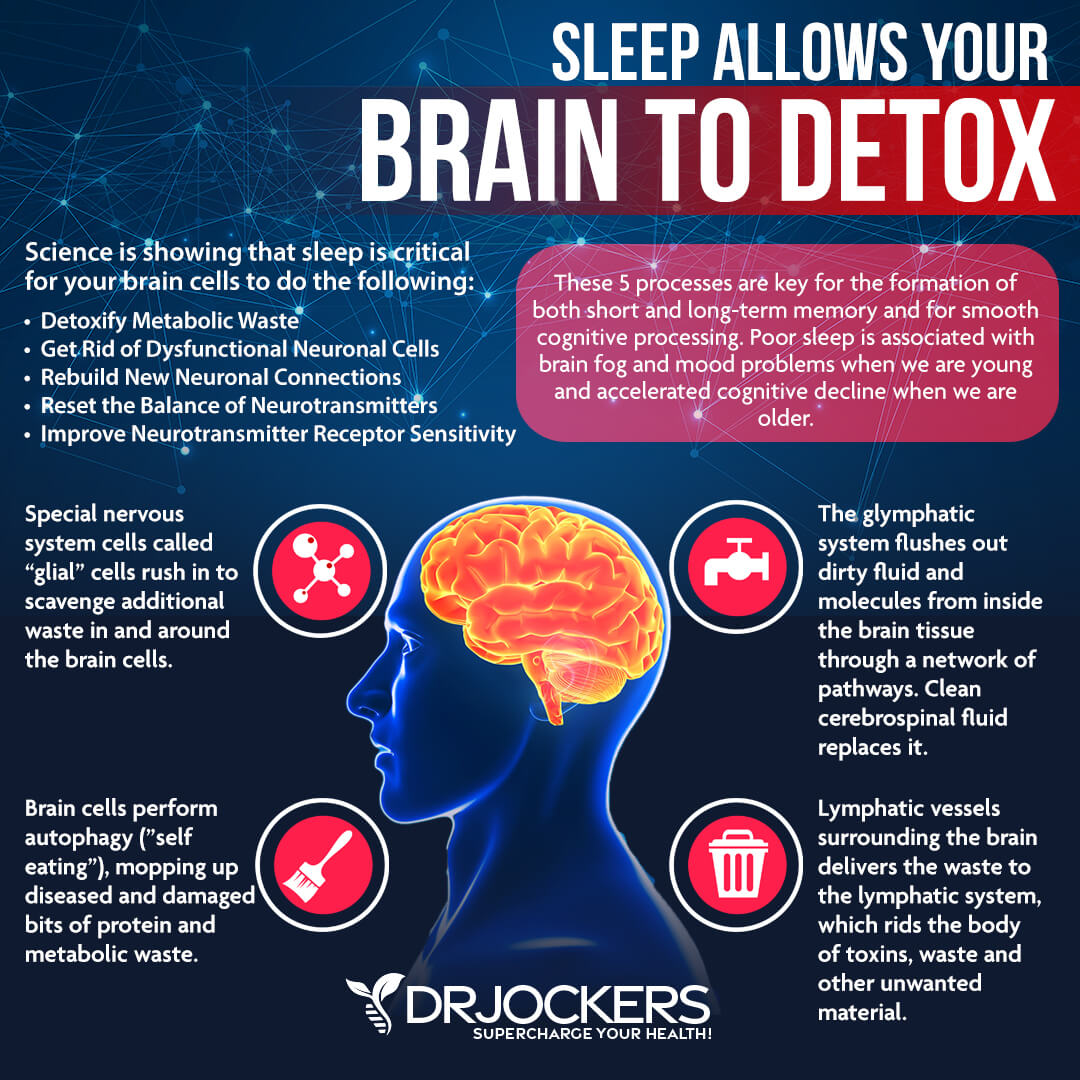
Heat and Cold Therapy
To activate autophagy, I highly recommend heat and cold therapy. Experiencing short periods of intense heat and cold exposure can activate autophagy by putting major stressors on the body through extreme temperature changes. Your body will want to get back to balance quickly to achieve homeostasis. This practice can increase your resistance to colds, infections, and stress, and improve your immune system. It also helps to increase serotonin and dopamine boosting your mood (16).
I recommend sitting in an infrared sauna on a regular basis then jumping in a cold pool or taking a cold shower. You may finish your shower with cold water or alternate between hot and cold water. To learn more about the benefits of cold showers, read this article.
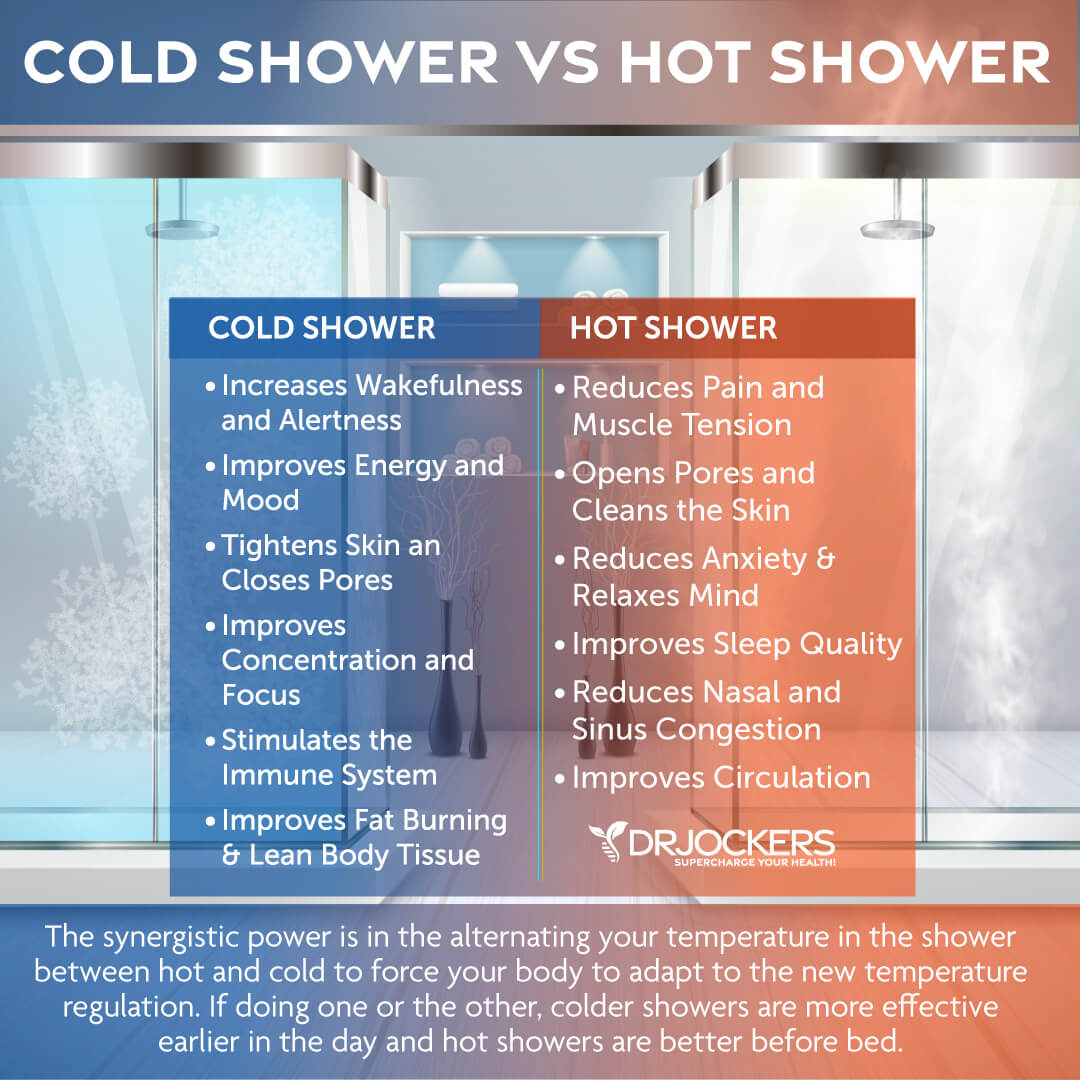
Autophagy-Activating Herbs
One of the best ways to activate autophagy is by using autophagy-activating herbs. These herbs are rich in polyphenols that help to suppress the mTOR pathways and activate the AMPk pathway to activate autophagy. Let’s take a look at some of the top autophagy-activating herbs you can try.
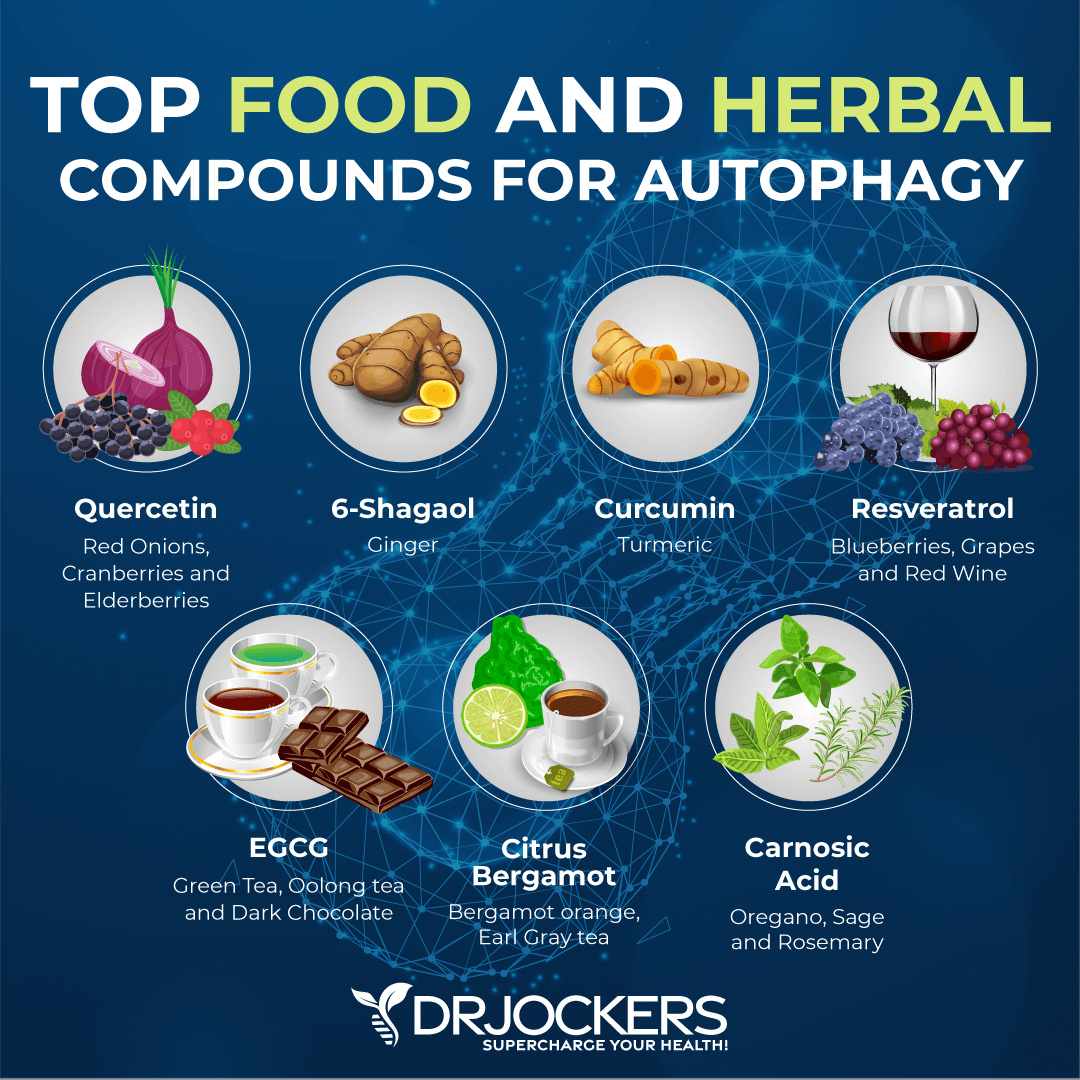
Matcha Green Tea
Matcha green tea is high in antioxidants and polyphenol ECGC that helps to activate autophagy by mimicking the effects of calorie restriction (17).
Ginger and Turmeric
Ginger and turmeric are both incredible anti-inflammatory herbs with chemical compounds that reduce inflammation, pain, gut health issues, metabolic syndrome, and obesity (18, 19, 20, 21, 22, 23, 24).
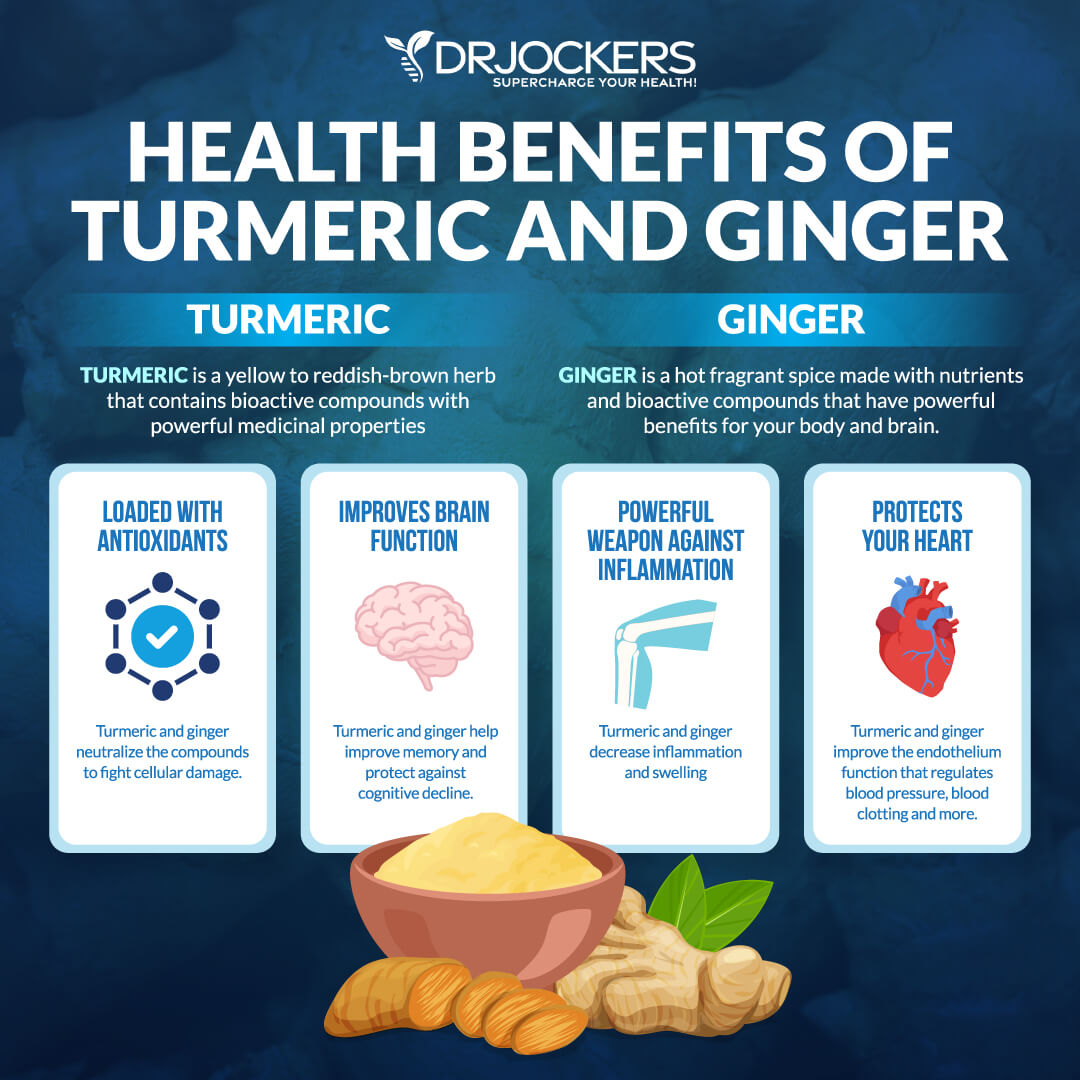
Resveratrol
Resveratrol is a compound found in red wine, grapes, berries, and peanuts that activate autophagy by inhibiting mTOR through ATP competition (25, 26). I find resveratrol to be really good for people who have higher oxalate levels and are looking to improve skin health.
Citrus Bergamot
Citrus bergamot is a unique, orange-sized fruit full of antioxidants and health benefits that activates autophagy, especially skin autophagy (27, 28).
Oregano, Sage, and Rosemary
Oregano, sage, and rosemary are fragrant, delicious, anti-inflammatory herbs with antioxidant and anti-inflammatory compounds that help to activate autophagy (29, 30).
Quercetin
Quercetin is a powerful bioflavonoid that also helps to activate autophagy and fight inflammation (31). You may learn more about these autophagy-activating herbs in this article.
We have a combination of Quercetin and Resveratrol in the Resveratrol Power which is great to use if you have a history of circulation problems, kidney problems, kidney stones, eczema, rashes and other skin related issues.
Inflam Defense
To activate autophagy with the help of some autophagy-activating herbs, I recommend Inflam Defense™. It uses the powerful combination of anti-inflammatory herbs, such as turmeric, boswellia, ginger, and rosemary extracts, as well as nutrients from quercetin, rutin, and proteolytic enzymes to enhance autophagy, support your immune system, protect you against oxidative stress, support healthy circulation and circular function, and boost your health with antioxidants.
Take one capsule twice a day between meals. For advanced protection, take two or more capsules between meals or as directed by your healthcare practitioner.
Final Thoughts
Autophagy occurs when your body recycles and disposes of old or damaged cells to leave room for new and healthy cells. It helps to increase your energy levels, improve mental clarity, lose fat, decrease the risk of disease, and improve overall health.
While fasting is a fantastic way to activate autophagy, you can do it without fasting as well. Follow my tips on how to activate autophagy without fasting to achieve your health goals and enhance your well-being.
Metabolic Autophagy & Cellular Healing Masterclass
Autophagy is the body’s innate mechanism for deep cellular healing and repair, and it helps us reduce the effects of aging, inflammation and cellular damage.
The Nobel Prize in 2016 was awarded to the Japanese researcher Yoshinori Ohsumi for his breakthrough work in helping us understand the process of autophagy and how it works. If you are struggling with your health or desire to optimize your health, activating the appropriate amount of autophagy is a critical component.
This masterclass will give you in-depth video trainings along with image-rich, research-based guides to help you understand the tools and strategies to unlock your body’s dormant healing potential. You will also learn my signature 6-week Metabolic Reset Cycle that will show you how to utilize advanced nutrition strategies for deep cellular healing!
Check out the masterclass here where you will learn my best action steps for optimal healing!


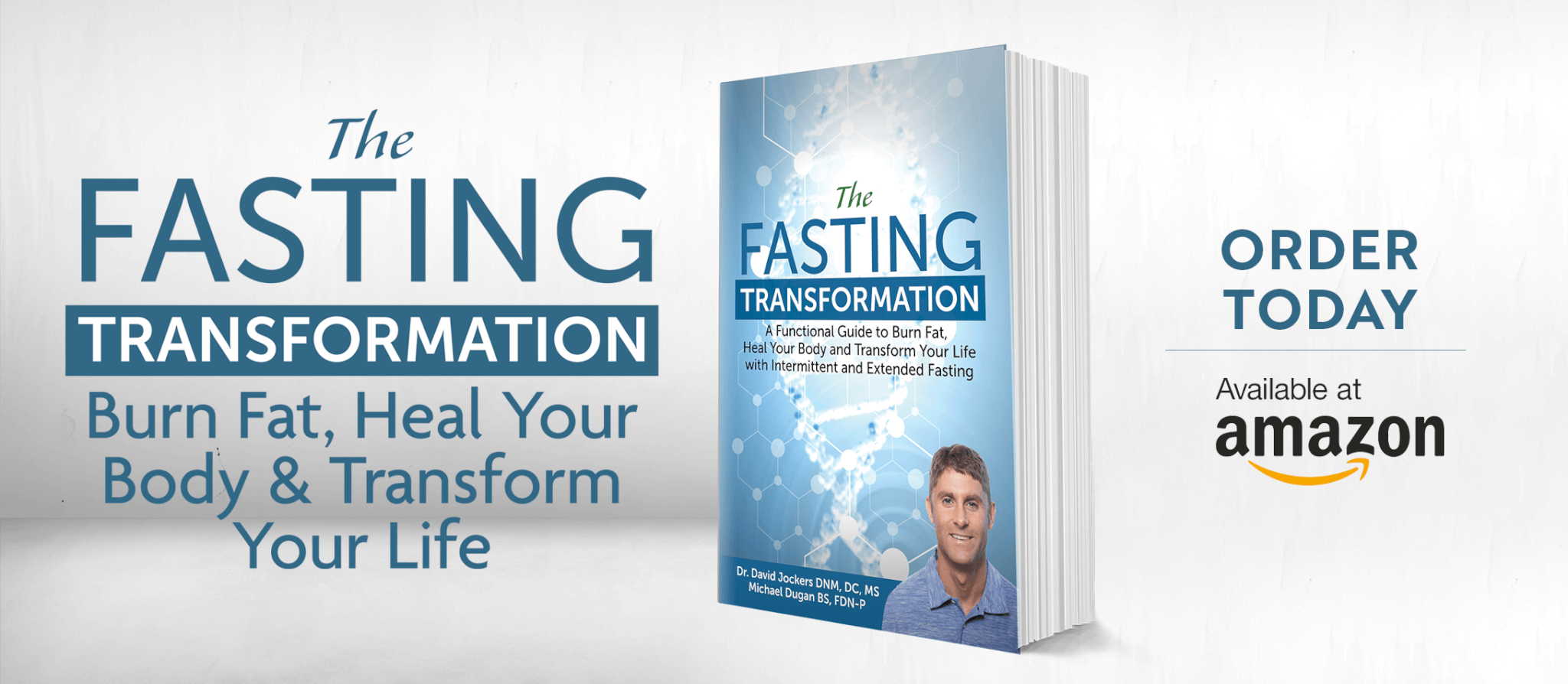
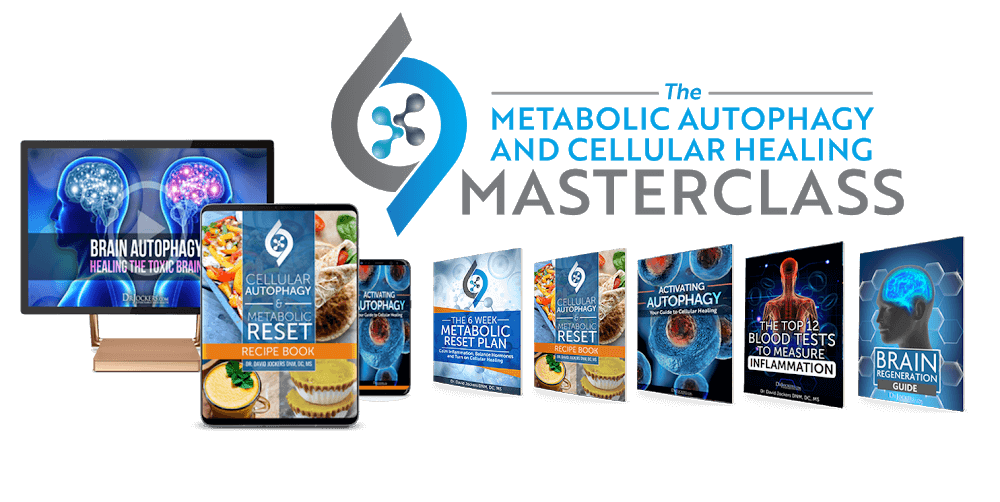



Do you have any recommendations on Parkinson’s? I am on a healthy Keto diet. I fast short and long term as an anti-cancer protocol. I have developed a tremor and was just diagnosed.
lots of coconut oil, or mct…
Cut way back on sugar. And bad oils and increase omega threes.
Look into Bredesen protocol.
Trehalose sugar is slow digesting and eventually converts to 100% glycogen. It has been known to increase autophagy and is a theraputic candidate for the treatment of Parkinson’s.
https://pubmed.ncbi.nlm.nih.gov/30767205/
Thanks for sharing James!
Is Autophagy another word for methylation?
Is it possible to heal Mito dysfunction in the elderly?
Thank you Dr. Jockers for your article. I am still confused, as I listen to a circuit of podcasts with many people that are undoubtedly your friends and colleagues. Sometimes the statements and advice are hard to reconcile. I recently heard you on the anxiety summit mentioning fasting and hair fallout in the same discussion. This is terrifying as I AM losing hair. I have heard Dr. Mercola and Dr. Group mention that autophagy is around day 5 and stem cells around day 6 on a WATER ONLY FAST. It is very discouraging to go that long and not do it RIGHT esp when you have to prepare food for other members in the family, etc. Its an ordeal. So, here are my burning questions : What would cause my hair to fall out, as I want to avoid that! Can I drink a cup of black coffee? I’ve done it with and without. FYI I eat from about 12 and stop at 6PM every day.
(2 meals) I drink about 16oz H20 in the AM. I want to benefit from the autophagy and most of all stem cells. Thank you Dr, Jockers so much. I am sure you understand the confusion out there. I am serious about getting well and am willing to do what it takes.
Hey Rene, yes you can stimulate autophagy on a daily basis without fasting but it will be at lower levels. Doing intermittent fasting helps to increase your daily amount and a periodic extended fast gets you maximal autophagy.
Dr Jockers, I have been on intermittent fasting for a while and am in menopause with many chronic issues which I want to ask if the best autophagy protocol is fasting completely for my recovery process?
Thanks for the amazing work you do in rhe name of our God!
Yes intermittent fasting can be extremely helpful for you!
Thank you for this clearly written and informative article.
Thanks Carol!
I’ve read medical journals which suggests that autophagy may inhibit cancer from forming initially, but may cause cancer growth in existing cancer.
Yes, once the cancer is fast growing it can use autophagy to continue to develop. This is where feast/famine cycling and using herbal products that shut down angiogenesis (such as resveratrol, quercetin, curcumin) can really help.
This is quite confusing, as autophagy occurs when fasting. I have read that you recommend to fast 20h if you want to destroy cancer.
Is it true that autophagy can reduce the good effects of fasting 20 h pr day?
Yes the 20 hour fast with the 4 hour eating window is really powerful for helping reduce cancer growth.
Don’t you mean that a person needs half of what the formula says? For example, for a sedentary older person getting 0.8 to 1.0 gms. of protein per pound of bodyweight, that person at 140 lbs. for instance, would need 70 gms. of protein a day – not 140 gms. Am I correct?
Hello Suzanne,
No, I would recommend they get 120-140 grams of protein daily on most days in 2-3 meals.
How do I measure the grams of protein for various foods? For example, do I measure the portion of beef before or after it’s cooked?
Thanks
You can look most of them up online and find the amount of grams per oz of that specific food.
To remove metabolic waste and other impurities from the brain, it is also important that they can be easily flushed out. Therefore, it is also important that space is created in the brain for easy flushing. This means that the blood should not contain substances that dilate blood vessels, such as drinks or hair treatments with caffeine, but also other substances (e.g. theobromine in cocoa). Such substances dilate blood vessels and impair or even stop the washing away of impurities.
Hi Stefan
I am intrigued, please can you elaborate. Where can can I find further research on this.